Question And Answer
Publications
Articles, publications, books, tools and multimedia features from the U.S. Institute of Peace provide the latest news, analysis, research findings, practitioner guides and reports, all related to the conflict zones and issues that are at the center of the Institute’s work to prevent and reduce violent conflict.
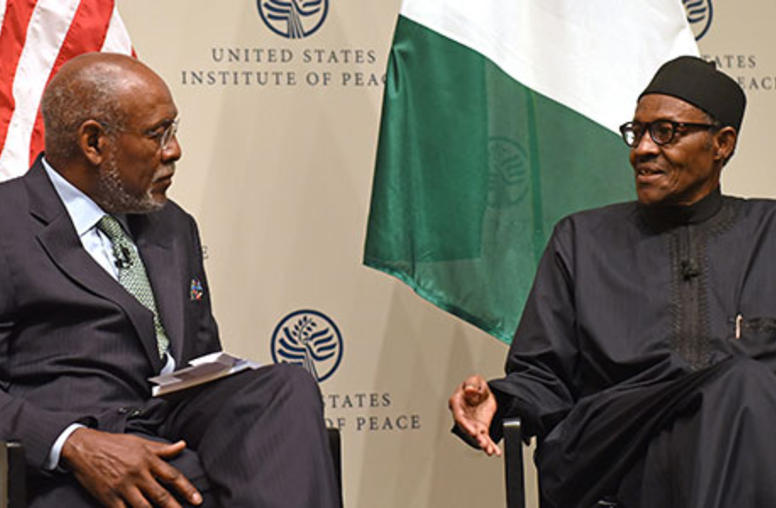
Nigeria's Buhari Presses for Military Aid, Pledges 'Zero Tolerance' for Corruption
Nigerian President Muhammadu Buhari said his new government will “do what it takes” to defeat the extremist violence of Boko Haram, and he bluntly called on the U.S. to ease its restrictions on providing the weapons that his military needs to prevail in the fight. In an address at the U.S. Institute of Peace today, he also reaffirmed “zero tolerance” for corruption and pledged to restore trust in the country’s governance.
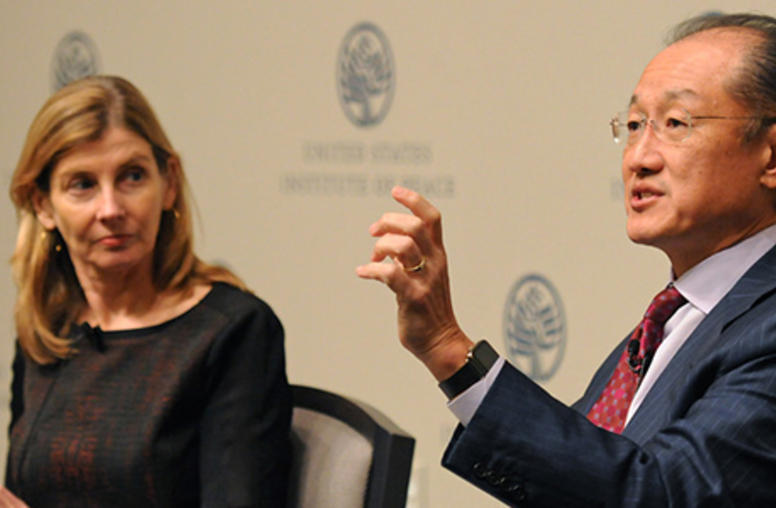
World Bank Chief Urges End to Extreme Poverty, Rethink for Development in Conflict Zones
World leaders must act to end extreme poverty in the next 15 years by addressing economic inequality that stems from wealth concentrated in the hands of a few and exacerbates conflict and instability, World Bank Group President Jim Kim said in an address at the U.S. Institute of Peace.
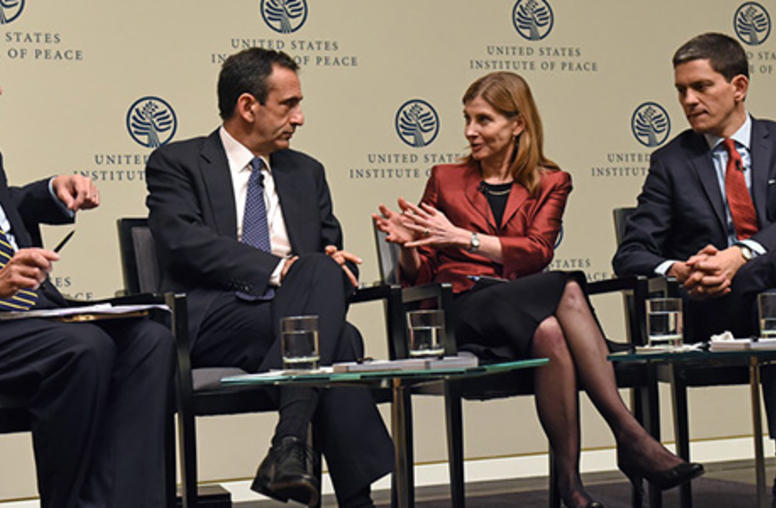
Too Little Aid, Too Many Displaced: Remaking Humanitarian Assistance
The international system to aid people displaced by conflict is strained beyond the breaking point. Faced with the greatest flood of displacement since World War II—and with no end in sight—governments and international organizations need to rethink every level of aid, from funding to future outcomes, according to experts assessing the crisis in a discussion at the U.S. Institute of Peace.
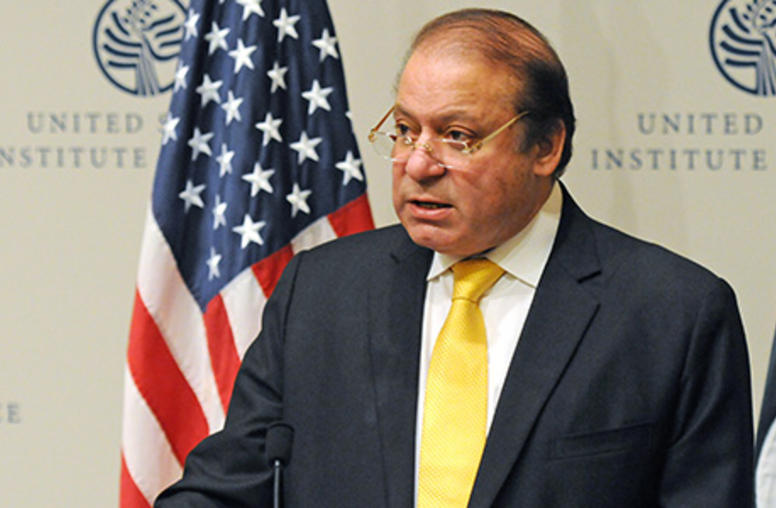
Pakistan’s Sharif Urges Renewed Peace Talks in Afghanistan
A military victory over the Taliban and other insurgents in Afghanistan is unlikely, and the parties to the conflict must try to resolve it through negotiations, Pakistani Prime Minister Nawaz Sharif said today.
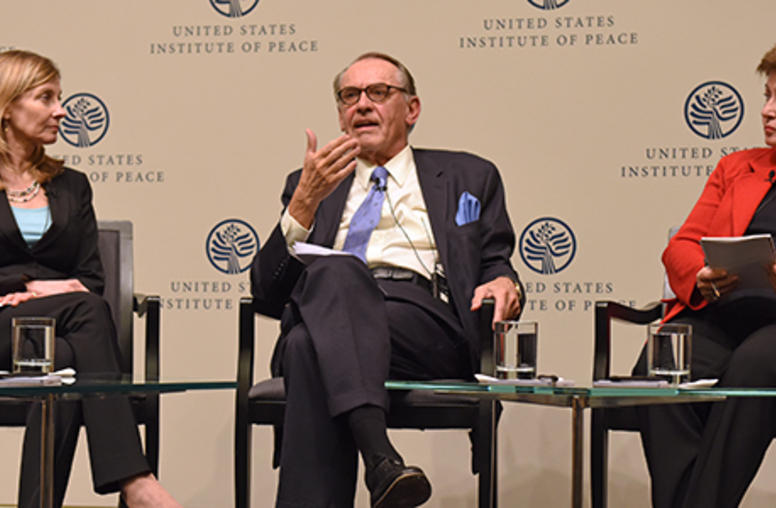
U.N. Eyes Early Human Rights Intervention to Promote Development
United Nations discussions that are underway on how it can intervene to stop human rights violations within national boundaries might help prevent such tensions from exploding into the kinds of civil wars and floods of refugees that the world is experiencing today, said Jan Eliasson, the global body’s deputy secretary general, at an event organized by the U.S. Institute of Peace.
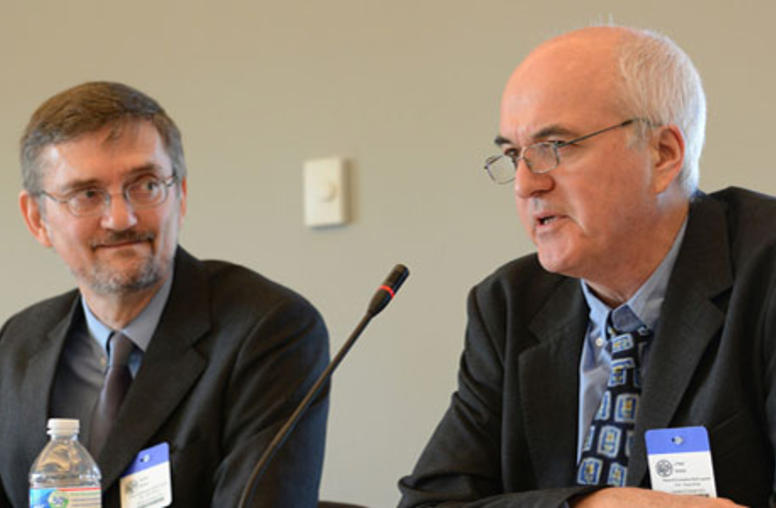
New USIP Book on ‘Peace Economics’ Launched at Institute
Creating sound economic policy and a stable macroeconomic framework is essential to societies recovering from violent conflict, yet few practitioners have the background needed to apply economic concepts effectively. The two authors of "Peace Economics: A Macroeconomic Primer for Violence-Afflicted States" describe their effort to provide an overview of practical ways that sound macroeconomic policies can help build stability in states affected by violent conflict.
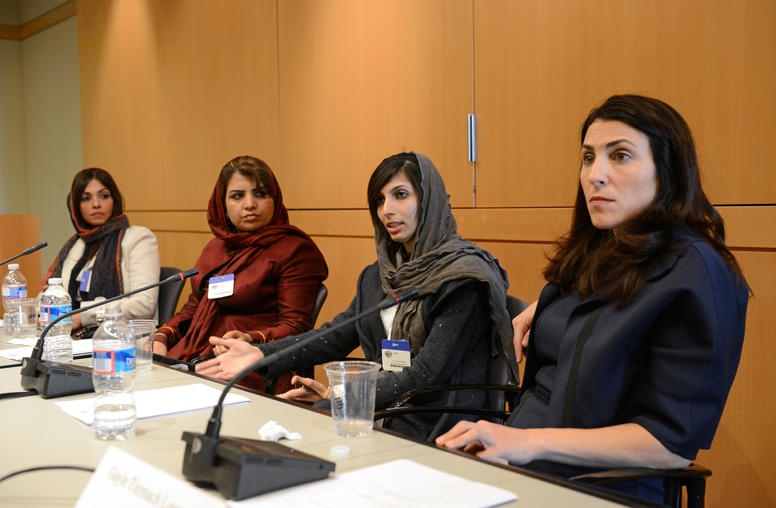
Afghan Female Entrepreneurs Talk Business at USIP
On December 3, 2012 USIP convened a panel of Afghan female entrepreneurs for a conversation on the opportunities and challenges faced by women in business in Afghanistan.
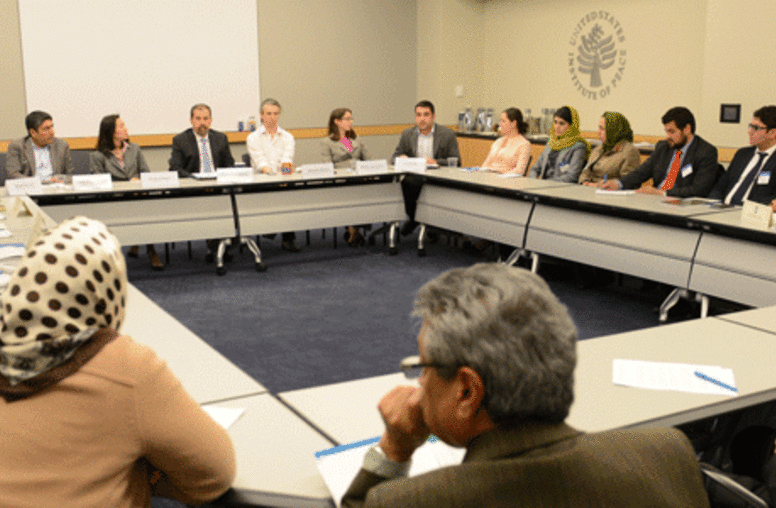
USIP Talks Aid, Self-Reliance with Early-Career Afghan Diplomats in Joint U.S.-China Program
Afghan diplomats preparing to help steer their country’s foreign policy heard messages of support along with encouragement toward self-reliance during a stop at the U.S. Institute of Peace (USIP) on December 5. The session was aimed at briefing them on the array of USIP programs centered on their country as the United States turns over more responsibility to the government of Afghanistan.
Afghanistan’s Deputy Minister of Mines Nasir Ahmad Durrani Visits USIP
On November 28, USIP hosted a roundtable discssion with Afghan Deputy Minister of Mines Nasir Ahmad Durrani and violence prevention expert Sadaf Lakhani, along with representatives from U.S. government agencies, international organizations and nongovernmental organizations.
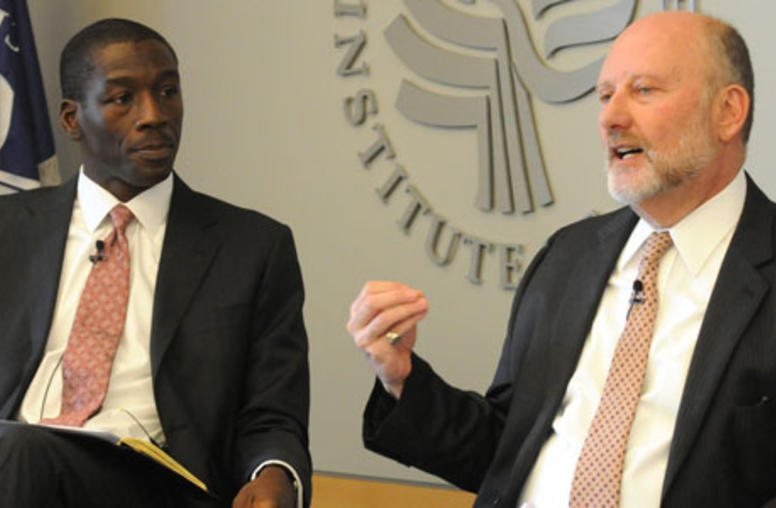
Chevron in Angola, Entrepreneur in Haiti Help Make Business Case for Sustained Peace
Business interests large and small are exploring ways they can promote peace and economic progress in the developing world for the greater good … and their own.